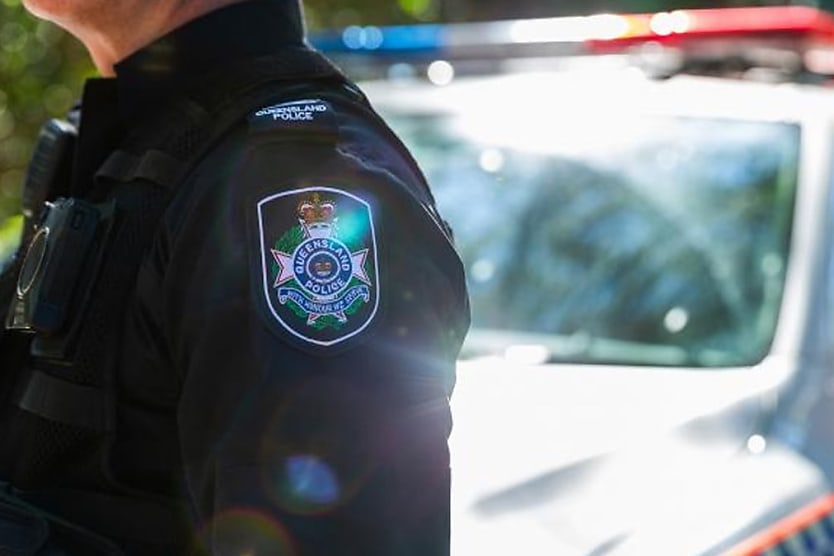
A report commissioned last year by the Queensland Human Rights Commission (QHRC) has found that systemic discrimination was a perennial issue throughout the Queensland Police Service (QPS).
Recommendations from the Strengthening the Service report released by the QHRC last year are set to be implemented by the QPS, acknowledging that the application of “most” of recommendations “may take some time”.
The 16-month review, released back on 10 December 2024, discovered rather harrowing attitudes embedded within longstanding practices and procedures that have continued to discriminate against diverse members of the QPS, contributing to police leaving the force.
Speaking on the conduct reported in the review, Queensland human rights commissioner Scott McDougall said: “Unfortunately, this is not a case of simply rooting out a few bad apples. QPS’ workplace culture and systems have allowed discrimination to thrive, and systemic discrimination needs systemic solutions.”
Examples of racism, sexism, misogynistic behaviours, and flawed complaint processes littered throughout the report led to the QHRC making 36 recommendations for the QPS to implement upon the conclusion of the review.
“The nature of policing has changed considerably in recent decades. Policing is becoming more complex, and police need a range of skills to successfully serve our diverse, multifaceted community. Police from diverse backgrounds bring unique skills and experiences to the job that QPS should value and recognise,” said McDougall.
The QPS reviewed these recommendations, now noting in a statement released yesterday (26 March) that “most recommendations have been accepted or partially accepted, with some contingent on securing appropriate resourcing”.
Speaking on the next steps of the process, acting Deputy Commissioner Mark Kelly said: “While I am proud of the work that our officers and members conduct daily, we can always strive to be a better organisation than we were the day before.”
“While culture change takes time, every step we take drives us closer to building a safer, more inclusive police service that Queenslanders can trust and be proud of.”
One of the more alarming admissions made in the original report touched on the defectiveness of the complaint system, with one respondent comparing it to a “domestic violence relationship”.
“The relationship with the QPS is like a domestic violence relationship. You just get bashed and beaten, and you know that you’re not safe. And you can’t tell anyone about it because it’s going to be worse for you,” the respondent said.
“They make you feel like you’re the problem, stop complaining, go away little girl, be quiet, you.”
On top of that, other respondents alluded to the fact that they “wouldn’t let their daughter work for QPS”, pointing towards the deep-rooted sexism within the organisation.
“If members of the community actually knew some of the stuff that goes on, I think they would be absolutely mortified because that’s not the police service that they think is out there protecting them,” said one respondent.
“[Someone] said to me, if you had a daughter that wanted to join the police, would you let her? I was like, absolutely not. And [they] said, why? And I said, because it’s the men in the police. That’s where the danger is … I would never recommend this job to anyone,” said another respondent.
“Women aren’t at the table where the big decisions are made.”
Kelly concluded by stating: “The QPS is dedicated to workplace equality. We want to ensure that our workforce is not only supported but feels supported, and our goal is to attract individuals who reflect the community we serve.”
RELATED TERMS
According to the Australian Human Rights Commission, discrimination occurs when one individual or group of people is regarded less favourably than another because of their origins or certain personality traits. When a regulation or policy is unfairly applied to everyone yet disadvantages some persons due to a shared personal trait, that is also discrimination.
Kace O'Neill
Kace O'Neill is a Graduate Journalist for HR Leader. Kace studied Media Communications and Maori studies at the University of Otago, he has a passion for sports and storytelling.










